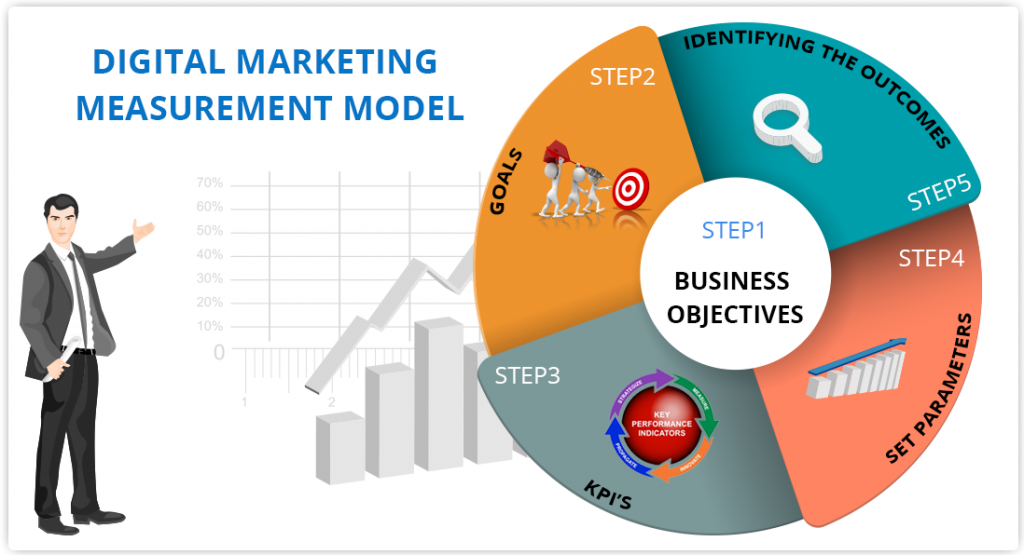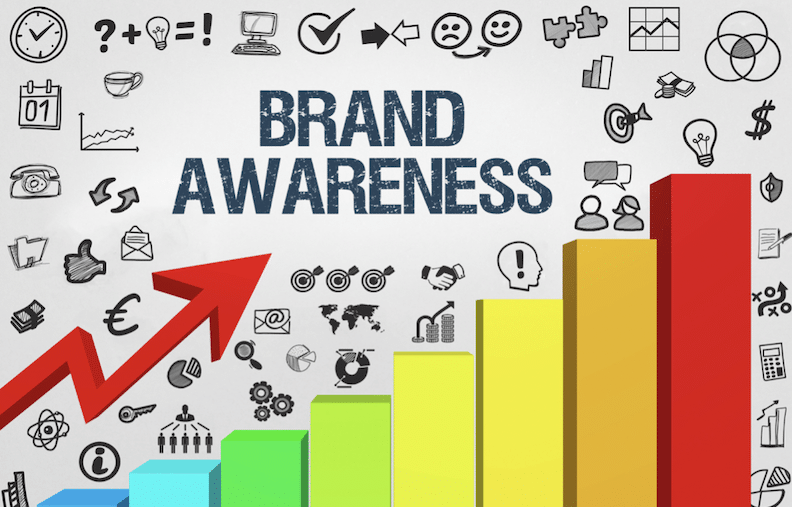Measuring the success of digital marketing is crucial for understanding the effectiveness of your campaigns and optimizing your strategies for better results. With the right metrics and tools, you can gain insights into what’s working and what needs improvement. Here’s how you can measure the success of your digital marketing efforts:
1. Website Traffic
One of the primary indicators of digital marketing success is the volume of traffic your website receives. Use tools like Google Analytics to track the number of visitors, page views, and the sources of your traffic (organic search, paid ads, social media, etc.). An increase in website traffic suggests that your marketing efforts are driving more people to your site.
2. Conversion Rate
The conversion rate is a key metric that shows the percentage of website visitors who take a desired action, such as making a purchase, signing up for a newsletter, or filling out a contact form. By tracking your conversion rate, you can determine how effective your website and landing pages are at turning visitors into customers.
3. Return on Investment (ROI)
Measuring the ROI of your digital marketing campaigns is essential to understanding their financial success. To calculate ROI, compare the revenue generated from your campaigns against the costs associated with running them. A positive ROI indicates that your marketing efforts are profitable and worth continuing.
4. Engagement Metrics
Engagement metrics, such as likes, shares, comments, and time spent on a page, help you understand how well your content resonates with your audience. High engagement rates suggest that your content is relevant and valuable, which can lead to better brand awareness and customer loyalty.
5. Lead Generation
Tracking the number of leads generated through your digital marketing efforts is crucial for assessing success. This includes monitoring the quantity and quality of leads captured through forms, downloads, and other lead magnets. High-quality leads are more likely to convert into paying customers, indicating effective marketing.
6. Customer Acquisition Cost (CAC)
Customer Acquisition Cost (CAC) measures the cost of acquiring a new customer through your digital marketing efforts. To calculate CAC, divide the total marketing spend by the number of new customers acquired during a specific period. Lowering your CAC over time suggests that your marketing strategies are becoming more efficient.
7. Search Engine Rankings
Your website’s ranking on search engines like Google is a strong indicator of digital marketing success. Higher rankings for targeted keywords lead to increased organic traffic and visibility. Tools like Google Search Console can help you monitor your website’s performance in search results and identify areas for improvement.
8. Click-Through Rate (CTR)
CTR measures the effectiveness of your ads and email campaigns by tracking the percentage of people who click on a link out of the total who view it. A high CTR indicates that your ad copy and call-to-action (CTA) are compelling and relevant to your audience.
9. Bounce Rate
Bounce rate is the percentage of visitors who leave your website after viewing only one page. A high bounce rate may indicate that your landing page content isn’t engaging or relevant enough. Reducing your bounce rate can lead to longer site visits and higher conversion rates.
10. Social Media Metrics
On social media, measure success through metrics like follower growth, engagement rate, and reach. These metrics help you understand how well your brand is performing on social platforms and how effectively you’re reaching your target audience.
Conclusion
Measuring the success of digital marketing involves tracking various metrics that align with your business goals. By regularly analyzing website traffic, conversion rates, ROI, and other key performance indicators (KPIs), you can optimize your campaigns for better results and ensure that your digital marketing strategy drives growth and success.





